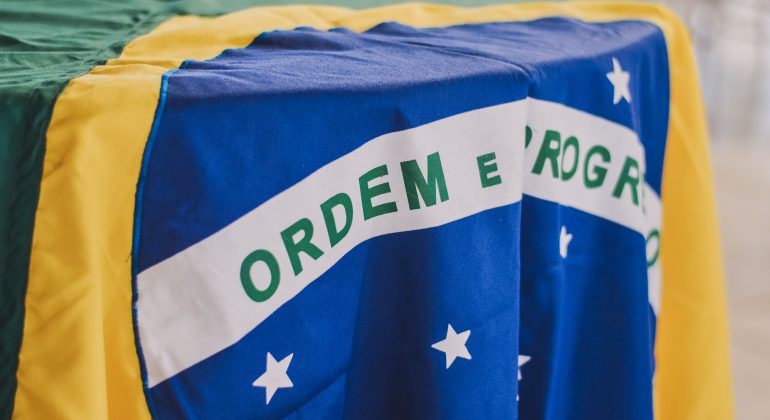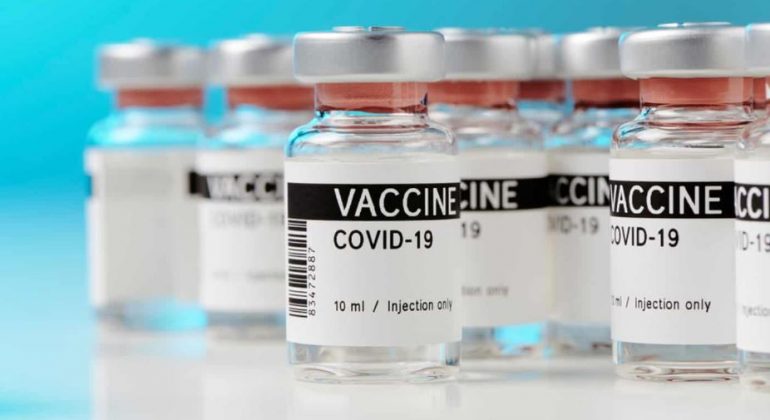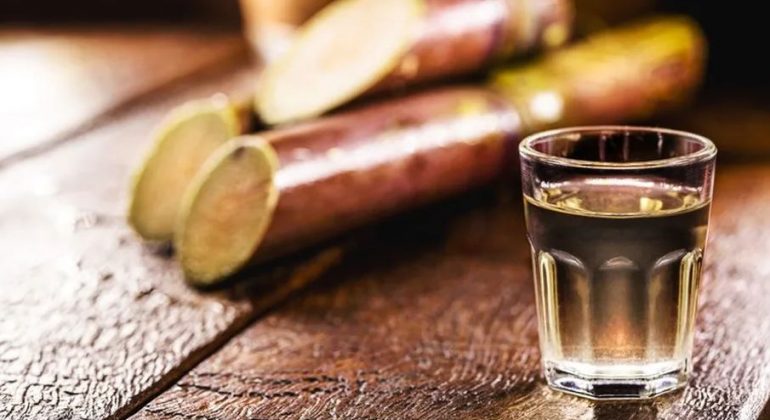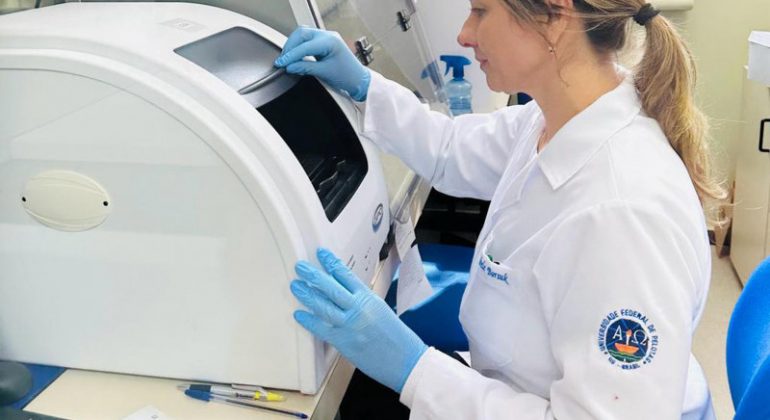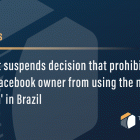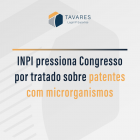Brazil is once again part of the ranking of the 50 most innovative economies globally
Clique aqui para ler em português.
After 12 years outside the list of the 50 most innovative economies in the world, Brazil gained five positions in the Global Innovation Index (IGI) compared to the 2022 ranking and now occupies 49th place among 132 countries, becoming first place From Latin America.
The data was released this Wednesday (27) when the 10th International Industry Innovation Congress opens.
Brazilian Climbing
According to the index data, Brazil is the most innovative economy in the region and is the leader in Latin America and the Caribbean, higher than countries such as Chile (52nd) and Mexico (58th).
Switzerland, Sweden, and the United States are on the podium of the most innovative economies.
Among the five oldest members of BRICS, Brazil is in third place, ahead of Russia (51st) and South Africa (59th). China is ranked 12th, while India is ranked 40th.
Indices that highlighted the evolution
The five positions achieved by Brazil in the 2023 ranking place the country among the economies that improved their performance in the IGI over the last four years.
Indicators such as online government services (14th position) and electronic participation (11th) are some of those responsible for raising Brazil’s position.
It is also worth highlighting the value of its 16 unicorns (22nd), representing 1.9% of the national GDP in 2023, and its intangible assets (31st), obtaining good results worldwide for its registered brands (13th) and the global value of its marks (39th).
Potential to be explored
Even with the gains in positions sustained for the third consecutive year, the Brazilian place is still considered below the country’s potential, which today has the 10th largest economy in the world. Brazil’s best position in the IGI was in 2011, reaching 47th.
For the president of the CNI, Robson Braga de Andrade, Brazil can grow each year in the ranking if there are investments and policies aimed at science, technology, and innovation (ST&I).
“Brazil’s position in the Global Innovation Index has improved recently. However, we have very untapped potential to improve our innovation ecosystem, achieve the goal of integrating the scientific and business sectors, and, consequently, promote greater innovation,” he says.
“We need modern and updated public policies, and, for this, the IGI has the fundamental role of helping to understand Brazil’s strengths and weaknesses,” adds Robson Andrade.
“CNI and MEI are aware of the importance of measuring innovation to enable effective policies, achieve solid results in ST&I activities, and promote social and economic development,” he concludes.
Space for eco-innovation
The theme of the International Industry Innovation Congress, which takes place between Wednesday and Thursday (28) in São Paulo, is eco-innovation. Research released this week by CNI reveals that almost half of Brazilian industries have projects or action plans on the topic.
Brazil plays a leading role in Latin America’s green technology race.
Green patent filings in Brazil have accounted for more than half of the total applications from the Latin American offices analyzed.
Brazil faces the historic opportunity to become a global green leader and has a higher share of green patents than the leading economies (16.1% in Brazil versus 14.9% in the USA, 14.3% in the E.U. and 15. 3% in China).
However, this difference has been falling in recent years.
For IGI organizers, Brazil needs to establish a culture of eco-innovation, which involves increasing companies’ propensity to take risks and strengthening government support for green innovation.
Waste management, energy conservation, alternative energy, and transportation offer promising innovative capabilities in the Brazilian industry.
Switzerland leads the IGI ranking
The top ten countries in the index are, in order:
- Switzerland;
- Sweden;
- U.S.;
- U.K.;
- Singapore;
- Finland;
- Netherlands;
- Germany;
- Denmark;
- South Korea.
The classification has been published annually since 2007 by the World Intellectual Property Organization (WIPO or WIPO) in partnership with the Portulans Institute and the support of international partners – in the case of Brazil, the CNI and Mobilização Empresarial for Innovation (MEI), partners in the production and dissemination of IGI since 2017.
Source: CNN

